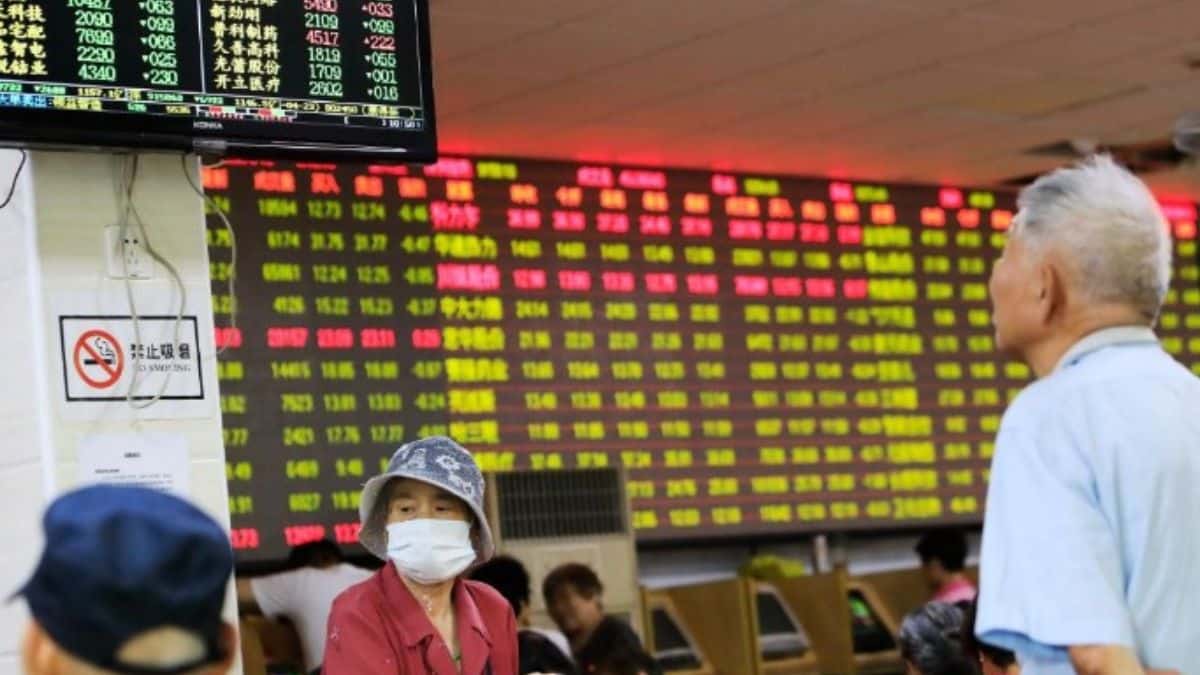On Wednesday, China’s top securities regulator, Wu Qing, unveiled a series of comprehensive reforms for the country’s STAR Market at the prestigious Lujiazui Forum. As the chairman of the China Securities Regulatory Commission (CSRC), Wu highlighted that these reforms are designed to enhance mechanisms for stock issuance and underwriting, as well as mergers and acquisitions (M&A).
The overarching goal is to better serve technological innovation and foster the development of high-quality productive forces within the economy.
The STAR Market, also known as the Science and Technology Innovation Board, was established to facilitate the listing of technology companies and support China’s push towards becoming a global leader in innovation. The latest reforms represent a significant step in refining the market’s infrastructure to align more closely with international standards and to address the specific needs of tech enterprises.
Wu Qing emphasized that the new measures would simplify the stock issuance and underwriting processes, making it easier for companies, especially small and medium-sized enterprises (SMEs), to access capital.
By streamlining these processes, the reforms aim to reduce the time and cost associated with going public, thus encouraging more tech companies to list on the STAR Market. This will not only provide them with vital funding but also enhance the market’s attractiveness to high-tech firms, boosting overall economic dynamism.
The reforms also focus on improving the regulatory framework for mergers and acquisitions. Wu noted that the updated policies are intended to facilitate more efficient and transparent M&A activities, which are crucial for corporate restructuring and expansion. By creating a more conducive environment for M&A, the STAR Market can better support companies in scaling up their operations, fostering a culture of innovation, and enhancing their global competitiveness.
Additionally, Wu Qing highlighted the importance of these reforms in nurturing new quality productive forces. This term refers to advanced industries and sectors that are key to the next phase of economic development, including artificial intelligence, biomedicine, and green technologies. By improving access to capital and fostering a supportive regulatory environment, the STAR Market aims to be a catalyst for the growth of these cutting-edge sectors.
The announcement at the Lujiazui Forum also stressed the need for continuous innovation in financial products and services. The STAR Market reforms include measures to introduce more diverse financial instruments and investment products, which will provide companies with a wider range of financing options and investors with more opportunities to participate in the market.
The reforms are part of a broader strategy by the Chinese government to deepen financial market reforms and enhance the country’s role in the global economy. By focusing on the STAR Market, China is signaling its commitment to fostering a vibrant ecosystem for tech innovation and supporting the development of strategic industries that are critical for future economic growth.

